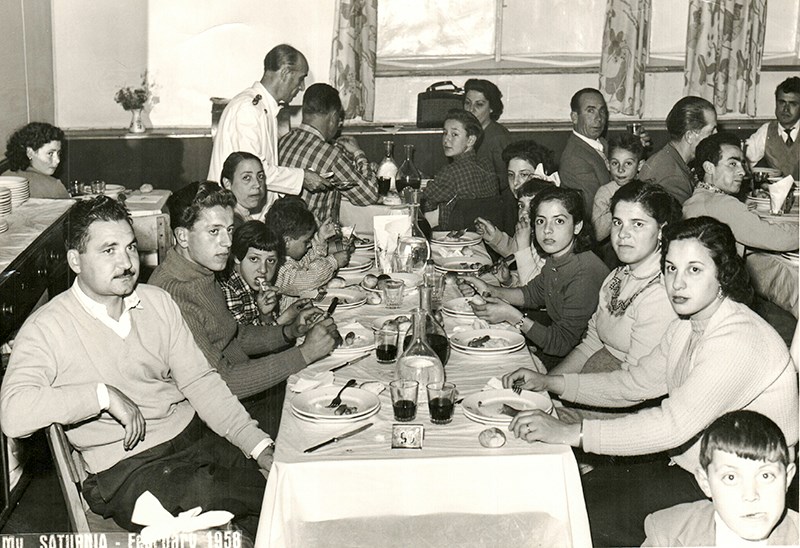Jake Romphf
A federal grant will allow the stories and photos of 25 Italian-Canadian immigrants to Sarnia be curated and digitized in a permanent archive.
The work is being done by the Italian-Canadian Archives Project, a charity headed by Sarnia’s Caroline Di Cocco with branches in Calgary, Winnipeg, Montreal and other Canadian cities.
“Their lives were changed because they came to Sarnia, but they also helped to change Sarnia,” she said.
“Everyone who comes … whether they’re Italian-Canadians, Polish-Canadians, Ukrainian-Canadians, they all became a part of this fabric that

we call Sarnia.”
The job of preserving the Italian immigrant experience began in the 1980s when the Sarnia-based Italo-Canadian Cultural Club began collecting and sorting photos and documents. The goal was to build a narrative about
Italian settlement in Sarnia-Lambton over the past 100 years.
The $12,000 Library and Archives Canada grant will see 25 of the first-hand oral histories and photos added to the ICAP’s online repository, in partnership with the Lambton County Archives in Wyoming.
“You’ll find their stories are about, number one, why they came to Sarnia and what they found when they came,” Di Cocco said.
“It’s important that every community has an understanding of the journey people have had.”
Sarnia’s project will be a model for others to follow, and it will be linked with other communities in a heritage network under the ICAP’s direction.
That preserved legacy will be accessible to scholars and future generations, she said.
“This narrative is not very well known and it enriches the Canadian story.”
